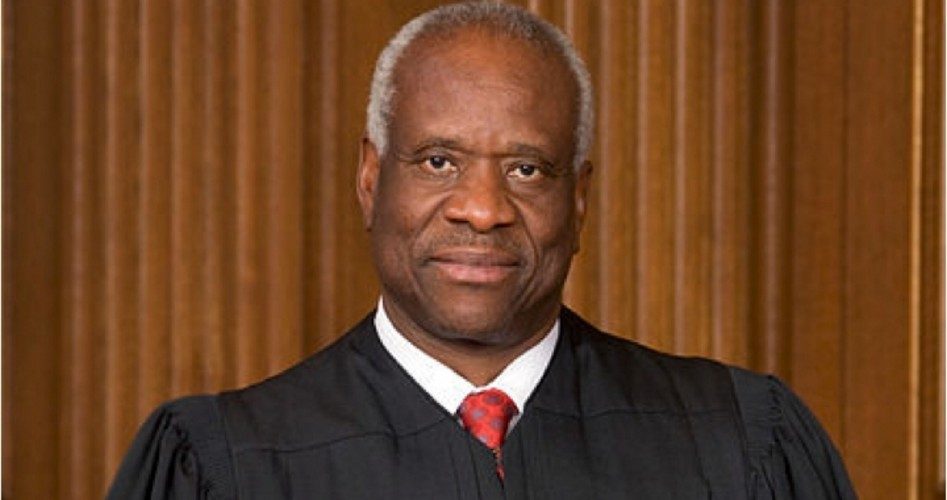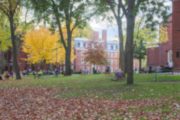
Speaking at Hillsdale College’s 164th Commencement on May 14, U.S. Supreme Court Justice Clarence Thomas evoked the important lessons about life that he learned working on a farm as a boy in Georgia where “work seemed to spring eternally.” A key lesson that he learned was:
One of the constantly conveyed messages was our obligation to take care of the land and to use it to produce food for ourselves and for others.
If there was to be independence, self-sufficiency, or freedom then we had to first understand, accept, and then discharge our responsibilities…. The only guarantee was that if you did not discharge your responsibilities there could be no independence, no self-sufficiency, no freedom, no crops.
Clarence continued by explaining what the lessons of his youth taught him about the relationship between freedom and responsibility:
We were obligated in our neighborhood to be good neighbors, so that the neighborhood would thrive. Whether there was to be a clean, thriving neighborhood was directly connected to our efforts and to our conduct. So, there was always, to our way of thinking, a connection and a relationship between the things we valued most and our personal obligations or efforts. There could be no freedom without each of us discharging our responsibilities. That was first and foremost.
In that context, when we heard the words “duty, “honor,” “country,” no more needed to be said.
From the vantage point of his 67 years, Thomas observed the vast cultural changes that have taken place in our society since he graduated from college in 1971. “Much that seemed inconceivable is now firmly or universally established,” he observed. “Hallmarks of my youth, such as patriotism and religion, seem more like outliers, if not afterthoughts. So in a sense I feel out of place doing this or any commencement. My words will perhaps be more of a vintage nature than current in context.”
Thomas emphasized several significant principles during his address, including: “Words actually matter — not a current Newspeak” (a reference to the language invented by Big Brother’s regime in George Orwell’s 1984 in order to control the populace’s thinking process).
Perhaps the most significant statement of principle of all was his description of himself: “I admit to being unapologetically Catholic, unapologetically patriotic and unapologetically a constitutionalist,” Thomas continued.
The justice’s use of the term “constitutionalist” to describe himself was significant and encouraging to those who use the term to describe themselves. Most observers prefer to use the terms “liberal” or “conservative” to describe the political and legal philosophies of our legislative and judicial leaders. However, with time, those terms have lost much of their classical meanings. The term “constitutionalist,” however, is much more meaningful, since it means one who defends our Founders’ original intent of the Constitution.
Thomas used the speech to say a few words about his 25-year colleague on the court, the late Justice Antonin Scalia, whom he described as “a man of his word; a man of character…. He is, and will be sorely missed.”
Thomas left the graduating students these words of advice:
Do not hide your faith and your beliefs under a bushel basket, especially in this world that seems to have gone mad with political correctness….
As you go through life, try to be that person whose actions teach others how to be better people and better citizens.



